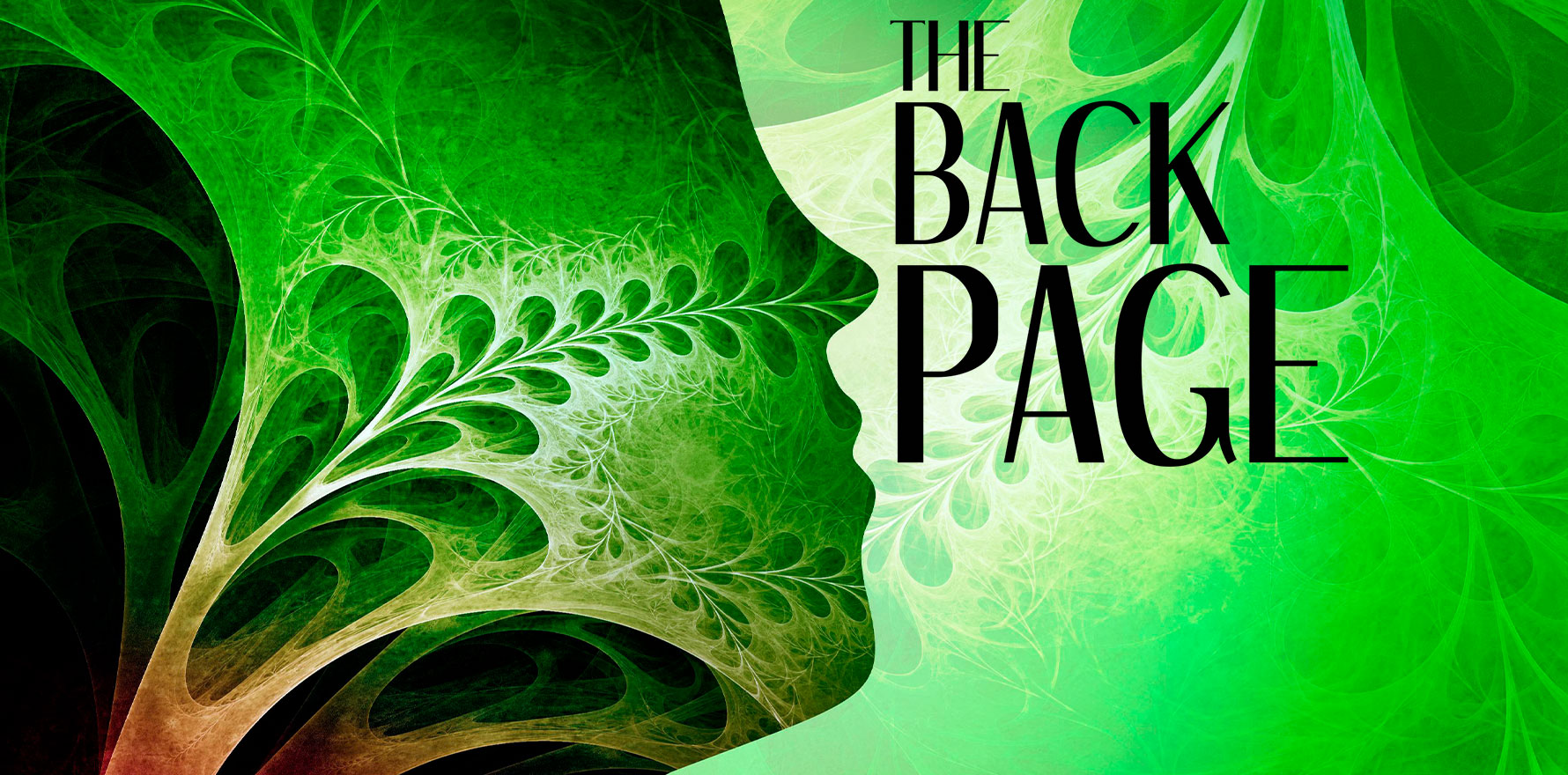An age-old Amazonian psychotropic may be just the cup of tea for problem drinkers.
One of the more bonkers theories on the origin of covid-19 is that the virus is part of a plot by “Big Alcohol” to get more folks to consume its products in a bid to ward off the lockdown boredom blues.
Like most conspiracies, it assumes a level of diabolical global coordination that any rational observer of reality would dismiss as highly implausible.
Having said that, however, a number of studies, in Australia and globally, do point to significant increases in grog guzzling across many sectors of society in the wake of the pandemic.
Which brings us to today’s topic, which is the botanical decoction known as ayahuasca (pronounced “eye-ah-WHA-ska” … trying saying that after a night on the turps).
This psychedelic substance, long popular among First Nations people of South America’s Amazon region, is made by heating or boiling a vine called Banisteriopsis caapi, along with the leaves of a shrub called Psychotria viridis.
Fans of ayahuasca say the drug can take the user on an enlightening, and life-changing spiritual journey. For others, that trip can be a terrifying and nauseous paranoid nightmare.
What is interesting is a new study, published in the Drug and Alcohol Review, which suggests the substance, taken in the right circumstances, might actually provide a clinical benefit in treating alcohol and other drug abuse disorders.
Using a cross-sectional study of people who have consumed ayahuasca in religious, traditional and non-traditional settings in more than 40 countries, our boffins analysed the association between the Amazonian brew and current use of alcohol and other drugs.
The study involved more than 8,500 participants with an average aged of 40 years and a slight skew towards males (53%).
In a nutshell, what the researchers found was, the more someone took ayahuasca the less likely they were to hit the booze or indulge with other drugs.
“The number of times ayahuasca had been consumed was strongly associated with increased odds of never or rarely drinking alcohol, never or rarely engaging in ‘risky drinking’ and having not consumed a range of drugs in the past month,” the study authors said.
“These effects [are] greater for those with a prior substance use disorder compared to those without,” they added.
Participants also rated the strength of the “spiritual experiences” that had been triggered by the ayahuasca, with those who had undergone the most intense experiences being the most likely to remain abstinent from intoxicants.
According to the authors, these deep mystical insights may assist recovery from substance abuse as they “enable participants to identify negative thought patterns related to their addiction, provide understanding of the origins and dynamics of their addiction, and contribute to the healing of traumas that underlie many addictive disorders”.
But before you send you credit card details to your local online ayahuasca retailer, the authors did stress that their study had some significant limitations and that much more work was needed in order to determine the true value of ayahuasca in the treatment of addiction.
Or in other words: “Don’t try this at home … yet”.
If you see something that blows you mind, share your trip with felicity@medicalrepublic.com.au.


